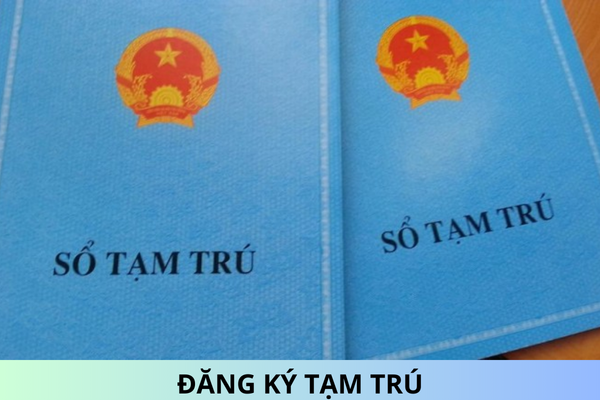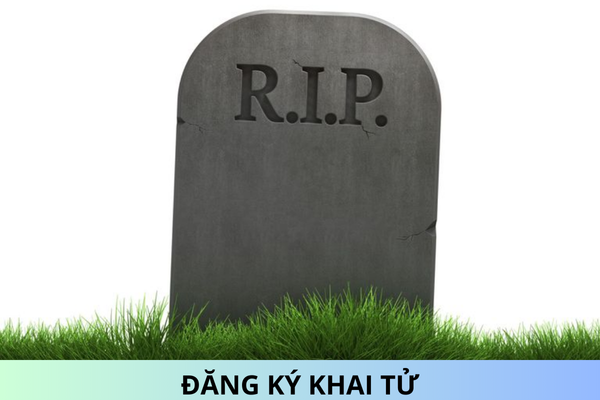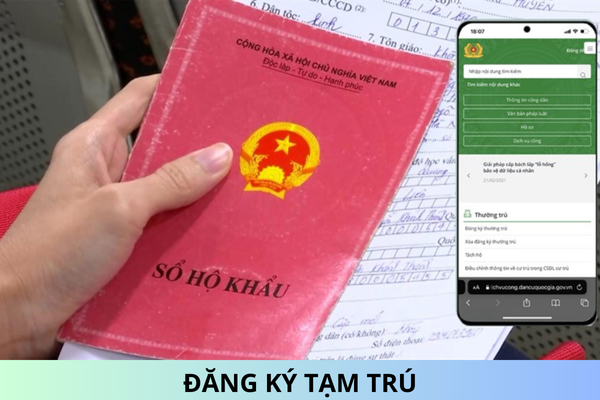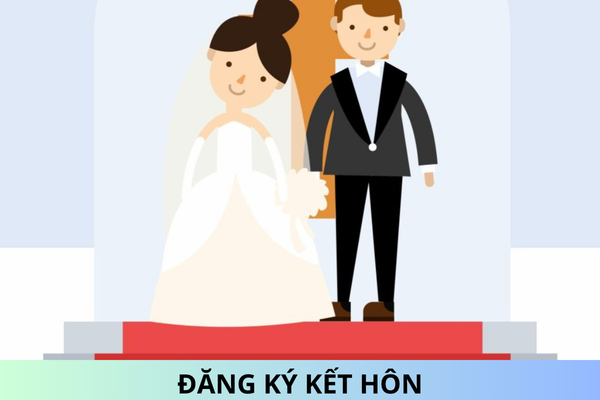Can I receive inheritance from my biological father or mother after being adopted in Vietnam?
Can I receive inheritance from my biological father or mother after being adopted in Vietnam? Is it mandatory to leave a will for my children in Vietnam? Are missing people entitled to inheritance in Vietnam?
Can I receive inheritance from my biological father or mother after being adopted in Vietnam?
Please advise the above problem as soon as possible. Specifically, I have the following question: Can I receive inheritance from my biological father or mother after being adopted? Hope to receive a response from you. Sincerely thanks very much!
Answer: According to the provisions of Article 653 of the 2015 Civil Code, an adopted child and his or her adoptive parents may inherit each other's estates and may also inherit in accordance with articles 651 and 652 of this Code.
According to the provisions of Article 651 of the 2015 Civil Code:
1. Heirs at law are categorized in the following order of priority:
a) The first level of heirs comprises: spouses, biological parents, adoptive parents, offspring and adopted children of the deceased;
b) The second level of heirs comprises: grandparents and siblings of the deceased; and biological grandchildren of the deceased;
c) The third level of heirs comprises: biological great-grandparents of the deceased, biological uncles and aunts of the deceased and biological nephews and nieces of the deceased.
2. Heirs at the same level shall be entitled to equal shares of the estate.
3. Heirs at a lower level shall be entitled to inherit where there are no heirs at a higher level because such heirs have died, or because they are not entitled to inherit, have been deprived of the right to inherit or have disclaimed the right to inherit.
In addition, if the biological parents' will leaves an inheritance for the adopted child, this person will fully enjoy the inheritance left by the biological parents. Because leaving an inheritance to someone is right of the testator according to the provisions of Article 626 of the 2015 Civil Code.
So even if a child is adopted, he or she still inherits from his or her biological father and mother in Vietnam.
We hope that our advice will help answer your questions.

Is it mandatory to leave a will for my children in Vietnam?
My children now have a stable life and have a lot of financial assets. Therefore, when I die, I do not want to leave my assets to my children, but I want to give my assets to charity, helping people in more difficult circumstances. So please advise, is it mandatory to leave a will for my children? Hope to receive a response from you. Thank you very much!
Answer: According to the provisions of Article 626 of the 2015 Civil Code:
A testator has the following rights:
1. Appoint heirs or to deprive an heir of the right to inherit the estate;
2. Determine those parts of the estate which each heir is entitled to;
3. Reserve part of the estate as a gift or for worship purposes;
4. Designate heirs to perform obligations;
5. Appoint a custodian of the will, an administrator of the estate, and a distributor of the estate.
According to the above regulations in Vietnam, when making a will, you have right to leave your inheritance to anyone you want. The law does not require you to leave a will to your children. The testator has right to appoint an heir and disqualify the heir from inheriting the inheritance. Therefore, when you make a will, you have right to give your inheritance to charity.
We hope that our advice will help answer your questions.
Are missing people entitled to inheritance in Vietnam?
I want to ask the following question: My father passed away without leaving a will. In the family, there was a younger sibling who went away for several years and did not return, so we asked the Court to declare him missing 1 year ago. So when my father dies, will this younger brother enjoy the property my father left behind?
Answer: According to the provisions of the 2015 Civil Code, in case the person dies without leaving a will, the assets will be divided according to law. Heirs of the same line enjoy equal shares of the inheritance. Those in the next line of inheritance are only entitled to inherit, if there is no one left in the previous line of inheritance because they are dead, have no right to inherit, are disqualified from inheriting or refuse to receive the inheritance.
In particular, inheritance is specifically determined as follows:
1. Heirs at law are categorized in the following order of priority:
a) The first level of heirs comprises: spouses, biological parents, adoptive parents, offspring and adopted children of the deceased;
b) The second level of heirs comprises: grandparents and siblings of the deceased; and biological grandchildren of the deceased;
c) The third level of heirs comprises: biological great-grandparents of the deceased, biological uncles and aunts of the deceased and biological nephews and nieces of the deceased.
Thus: In case the younger brother declared missing by the Court is your father's biological child, this younger brother is determined to be the first heir to the inheritance your father left behind after his death. According to the provisions of Article 613 of the 2015 Civil Code, if an heir is an individual, such person must be alive at the time of commencement of the inheritance or, if such person is born and alive after the commencement of inheritance, must have been conceived prior to the time when the deceased dies. Where an heir under a will is a body or organization, it must be in existence at the time of commencement of the inheritance.
In addition, according to the provisions of Article 68 of the 2015 Civil Code, when a person has disappeared for two consecutive years or longer and there is no reliable information on whether such person is still alive or dead even though notification and search measures have been fully applied in accordance with the civil procedure law, a court may, at the request of a person with related rights or interests, declare such person is missing.
And, according to the provisions of Point a, Clause 1, Article 71 of the 2015 Civil Code, after three years from the effective date of a court's decision declaring a person missing, there is still no reliable information that such person is alive;
Thus: From the above evidence, the case of an individual declared missing by the Court is still determined to be alive until declared dead by the Court at the request of the person with related rights and interests after 03 years from the date of the decision to declare missing.
Therefore: It can be determined that the person declared missing by the Court is still determined to be alive and has the right to enjoy another person's inheritance according to the provisions of law.
According to the information you provided us, your brother was only declared missing by the Court 1 year ago, so your brother still has the right to enjoy the inheritance that your father left behind after his death according to the provisions of law.
Above is our consulting opinion on the issue you are wondering about.
Best regards!










